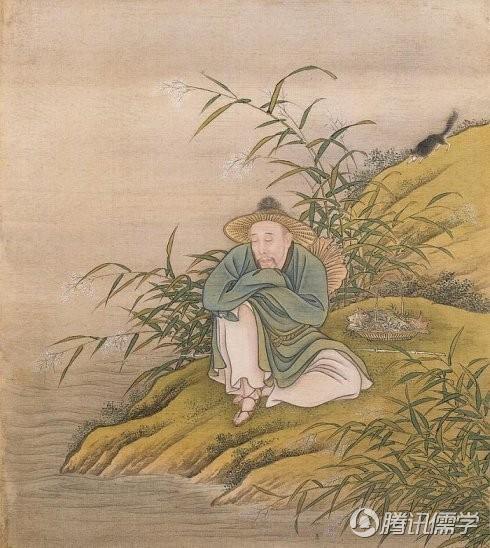In the spring of the 13th year of the Tianbao period (circa A.D. 754) of the Tang Dynasty, Liu Cheng and Li Hui often took big boatloads of fish and crabs to sell between Wu and Yue states. One day, they loaded a boat full of fish in Xinan and were on their way to Danyang County.
It was dark when they arrived in Chapu, so they decided to stop and find a place to sleep. Li Hui wanted to go to the village and left Liu Cheng alone on the boat. Heavy clouds covered the sky, and it was quiet, with no sign of anyone around. Suddenly, Liu Cheng heard a man’s voice calling mournfully, “Amitabha!” He jumped up and checked the boat’s cabin. He saw a big fish, with a vibrant-colored beard, shaking its head and calling out with a human voice, “Amitabha!”

